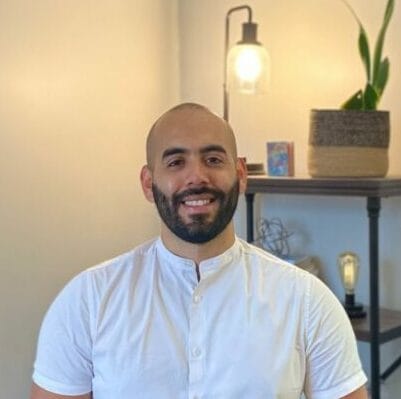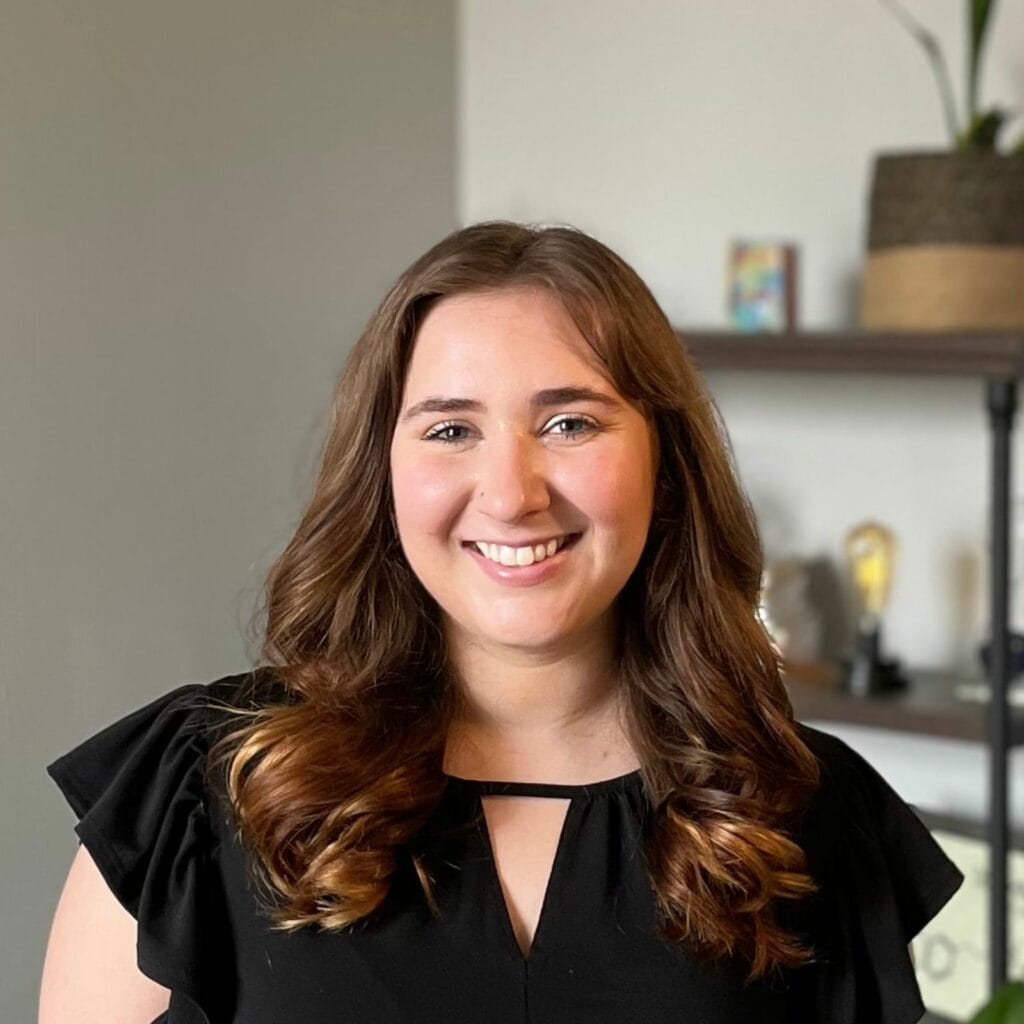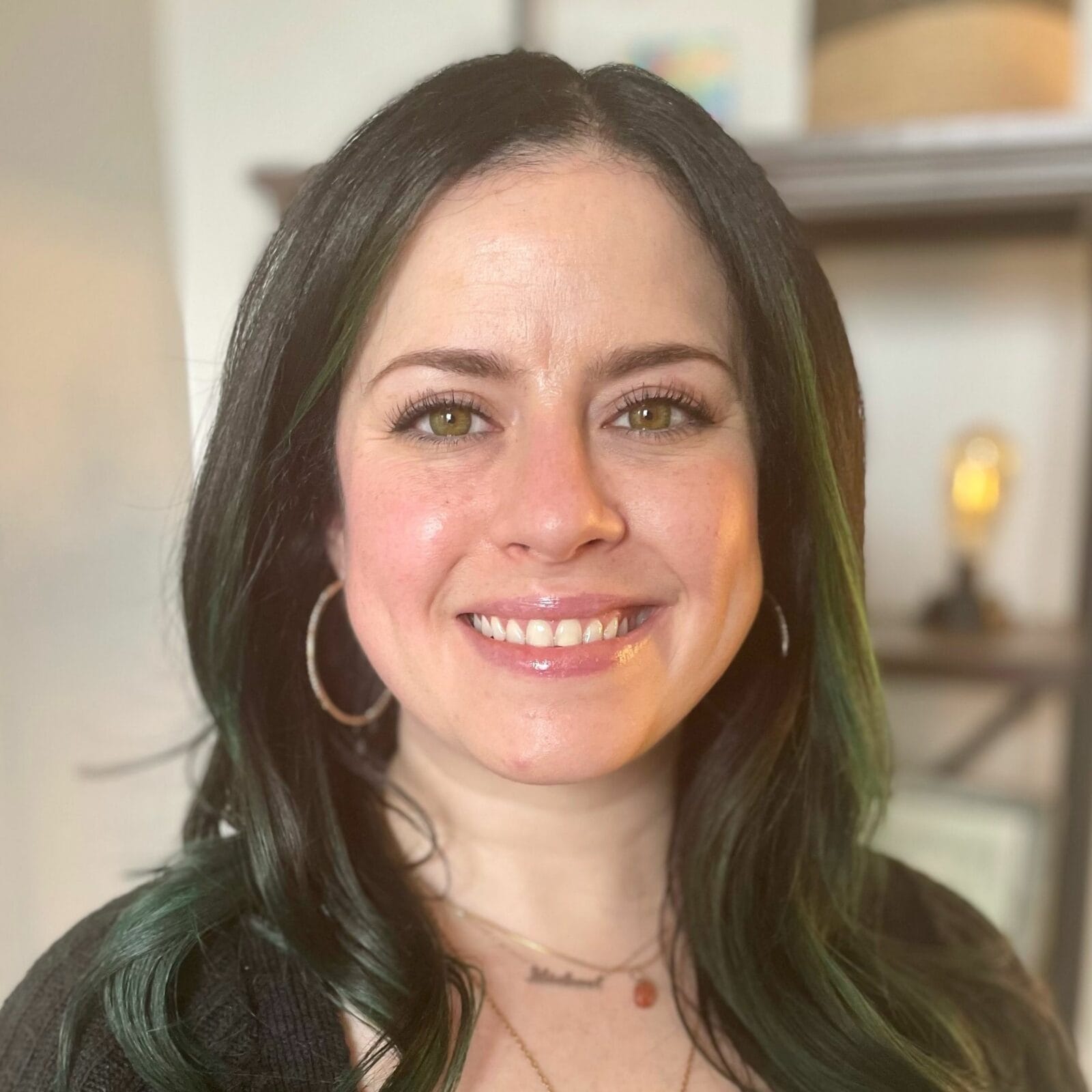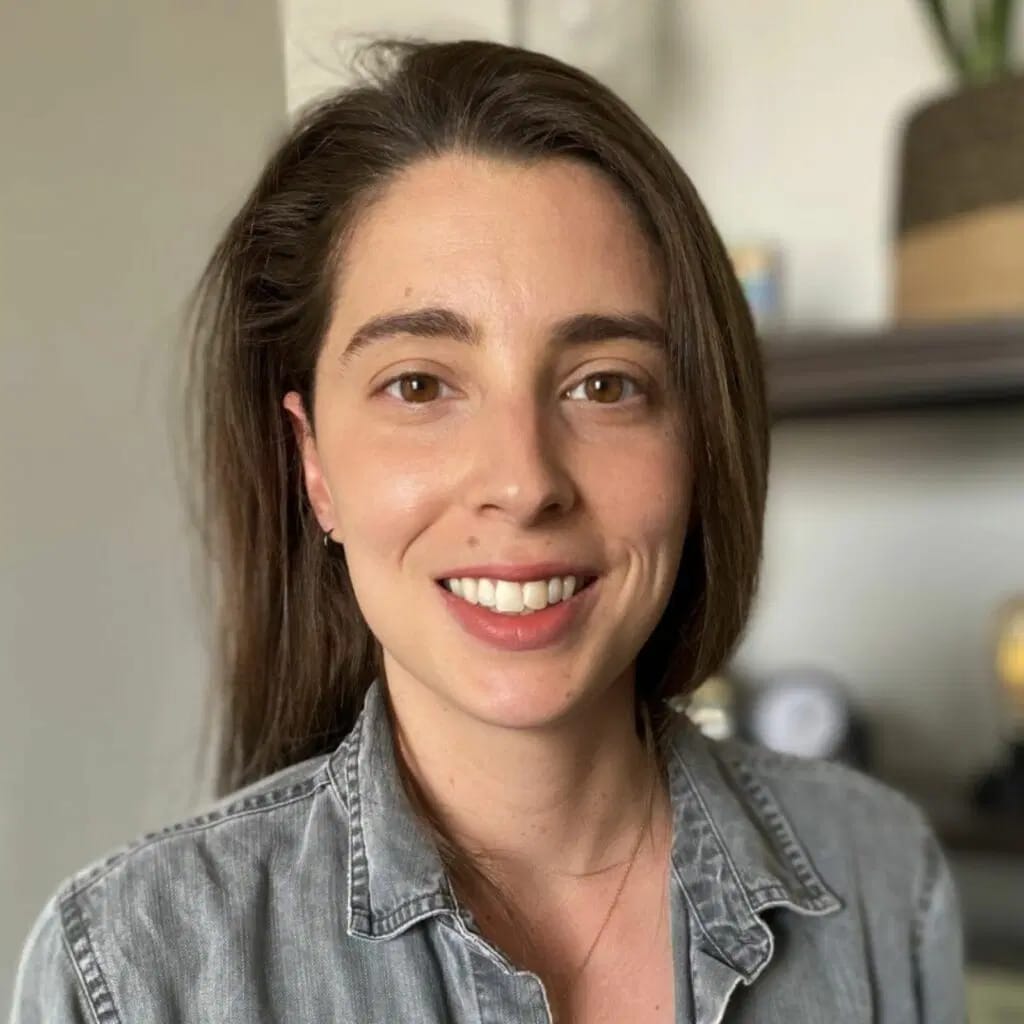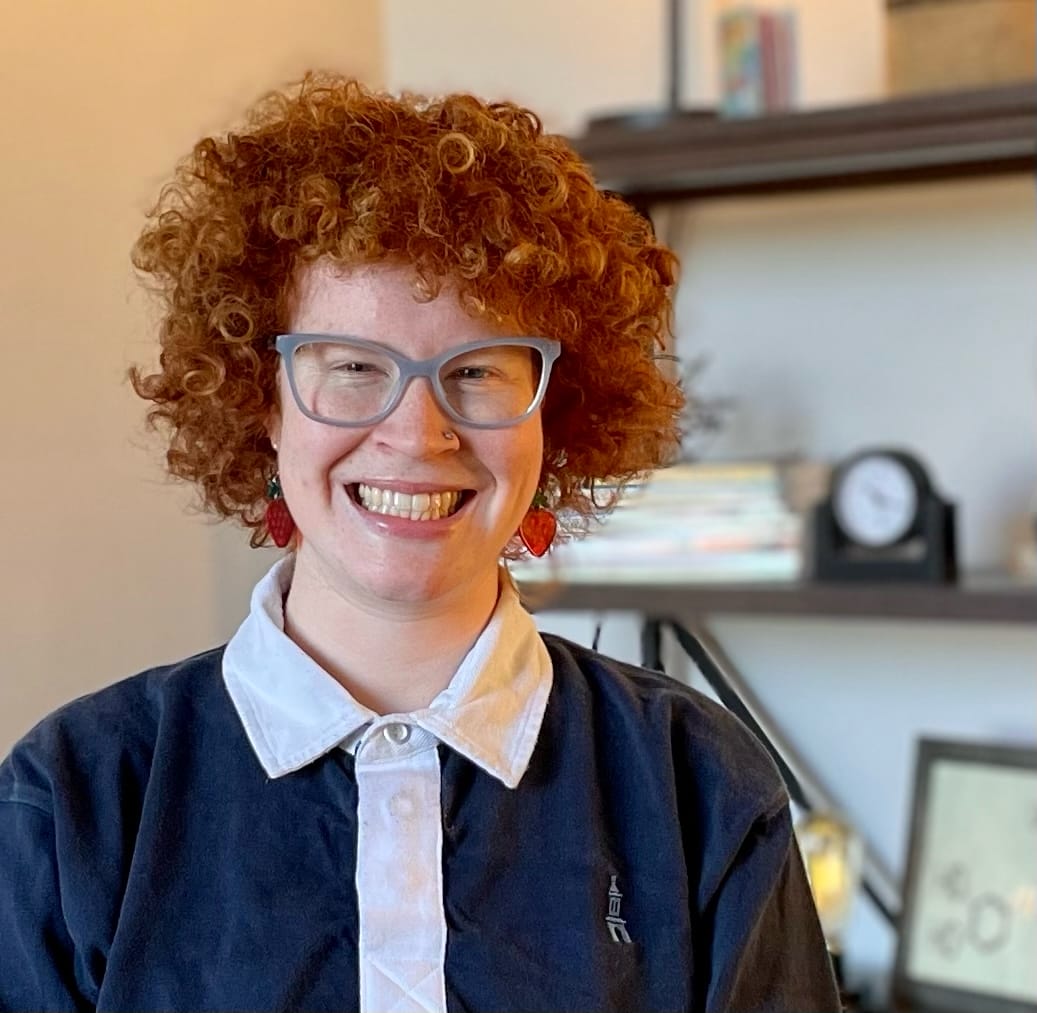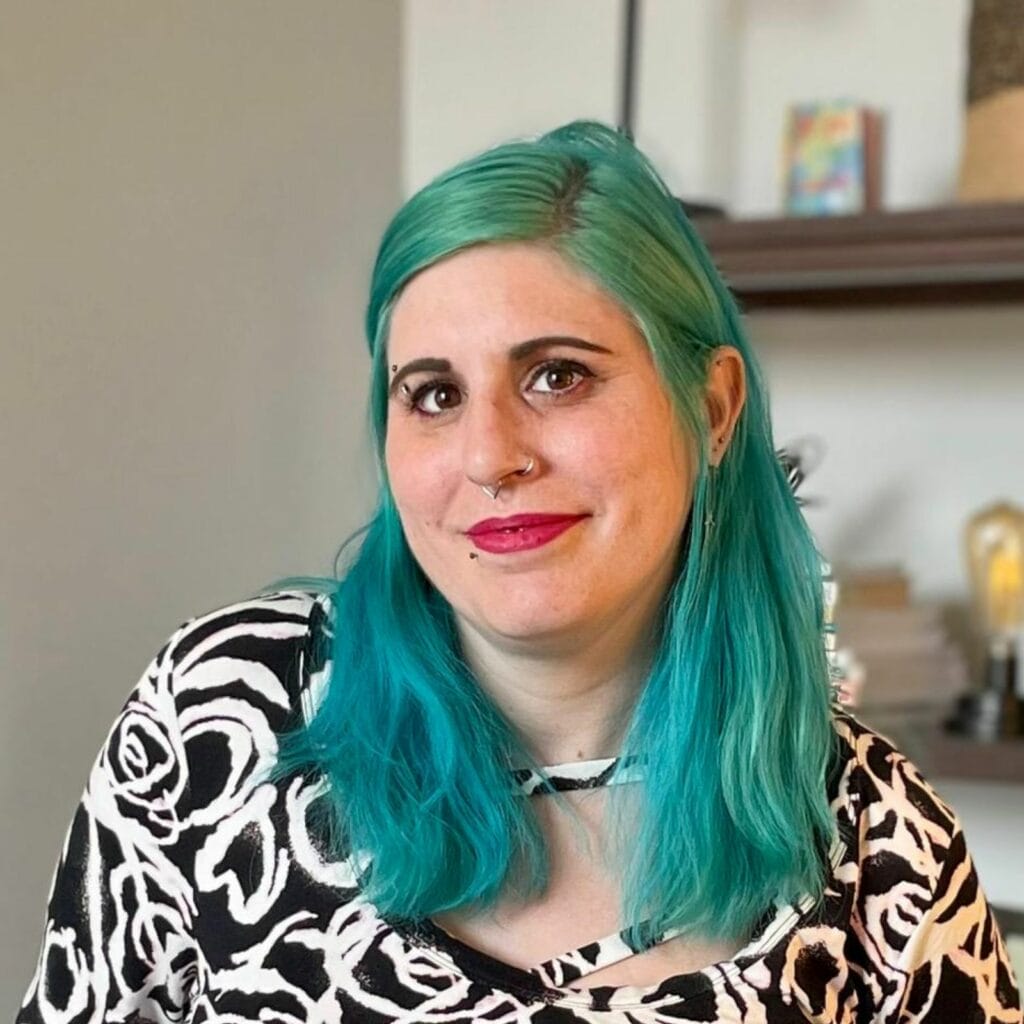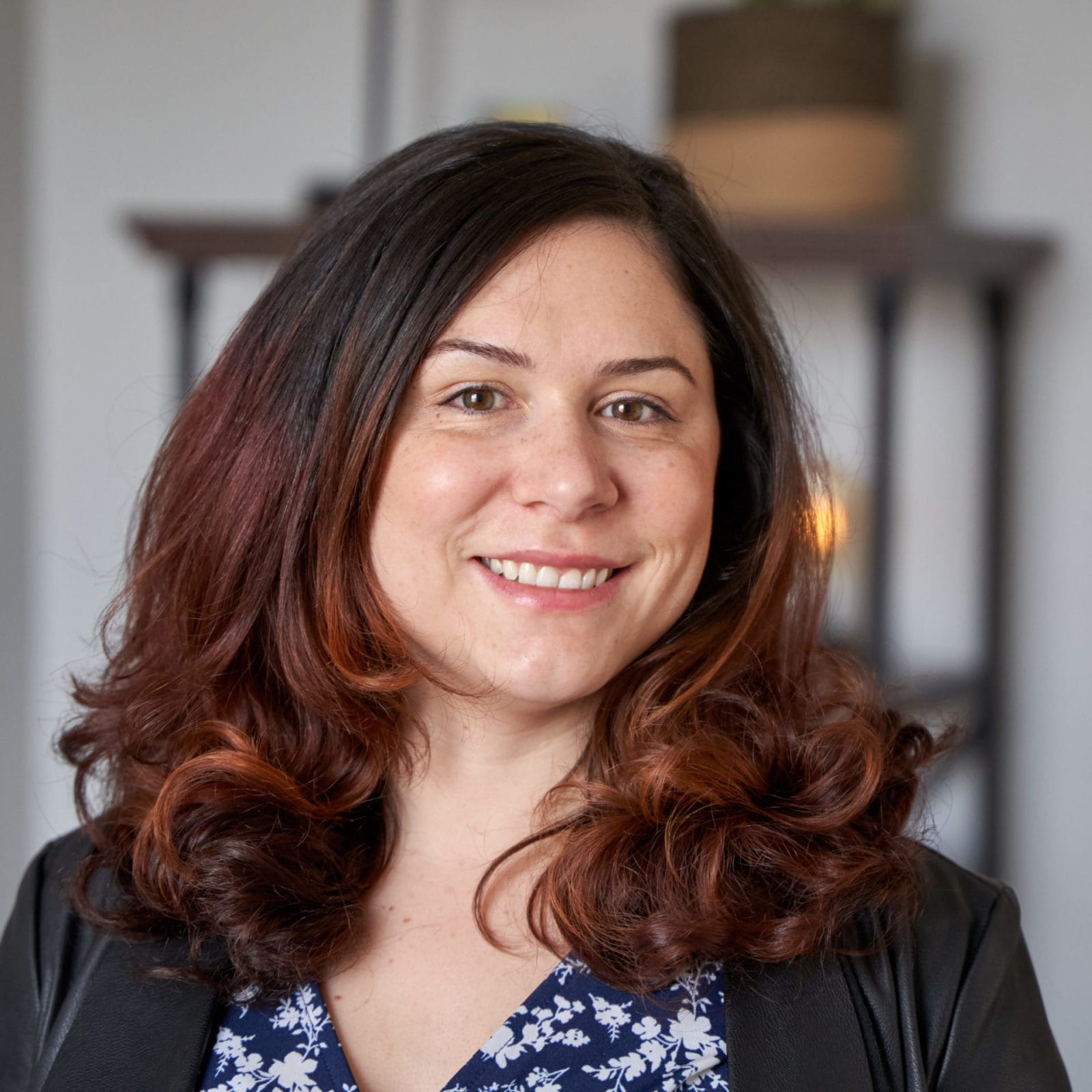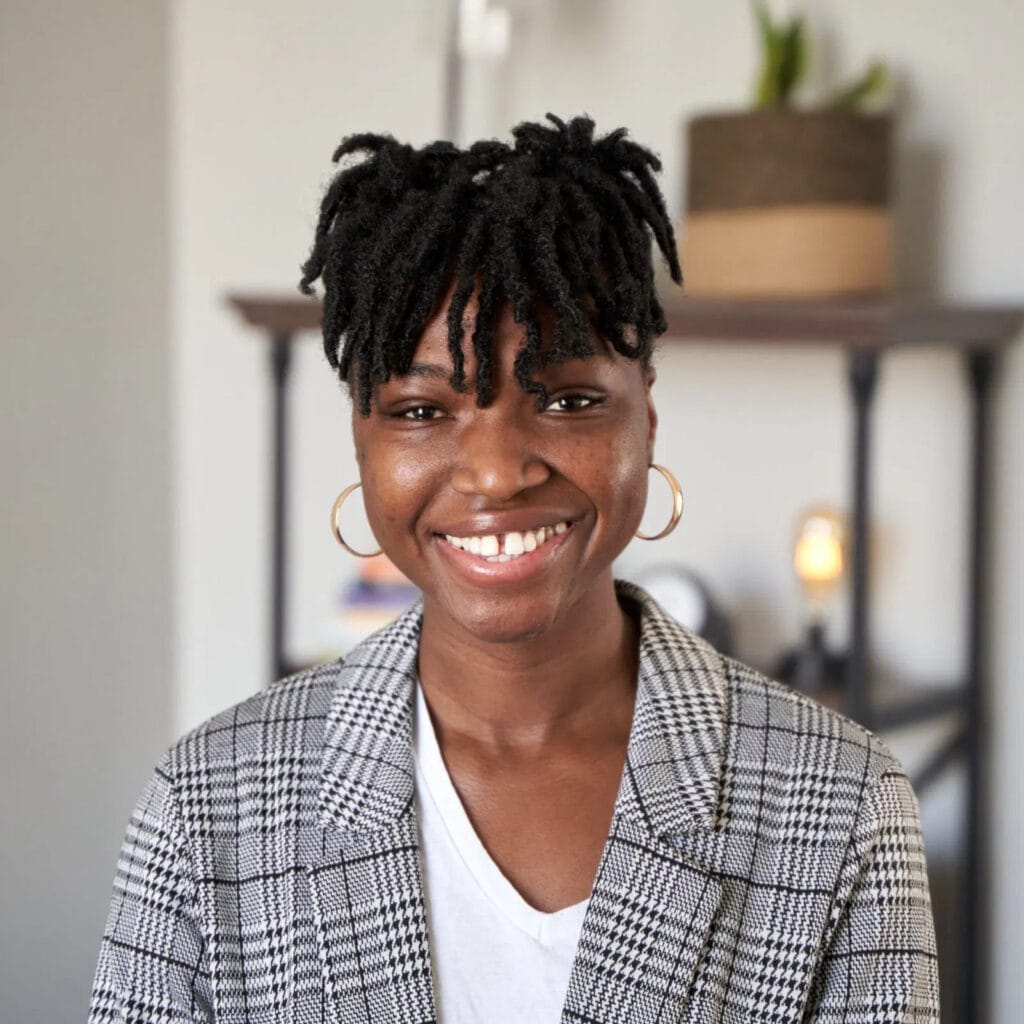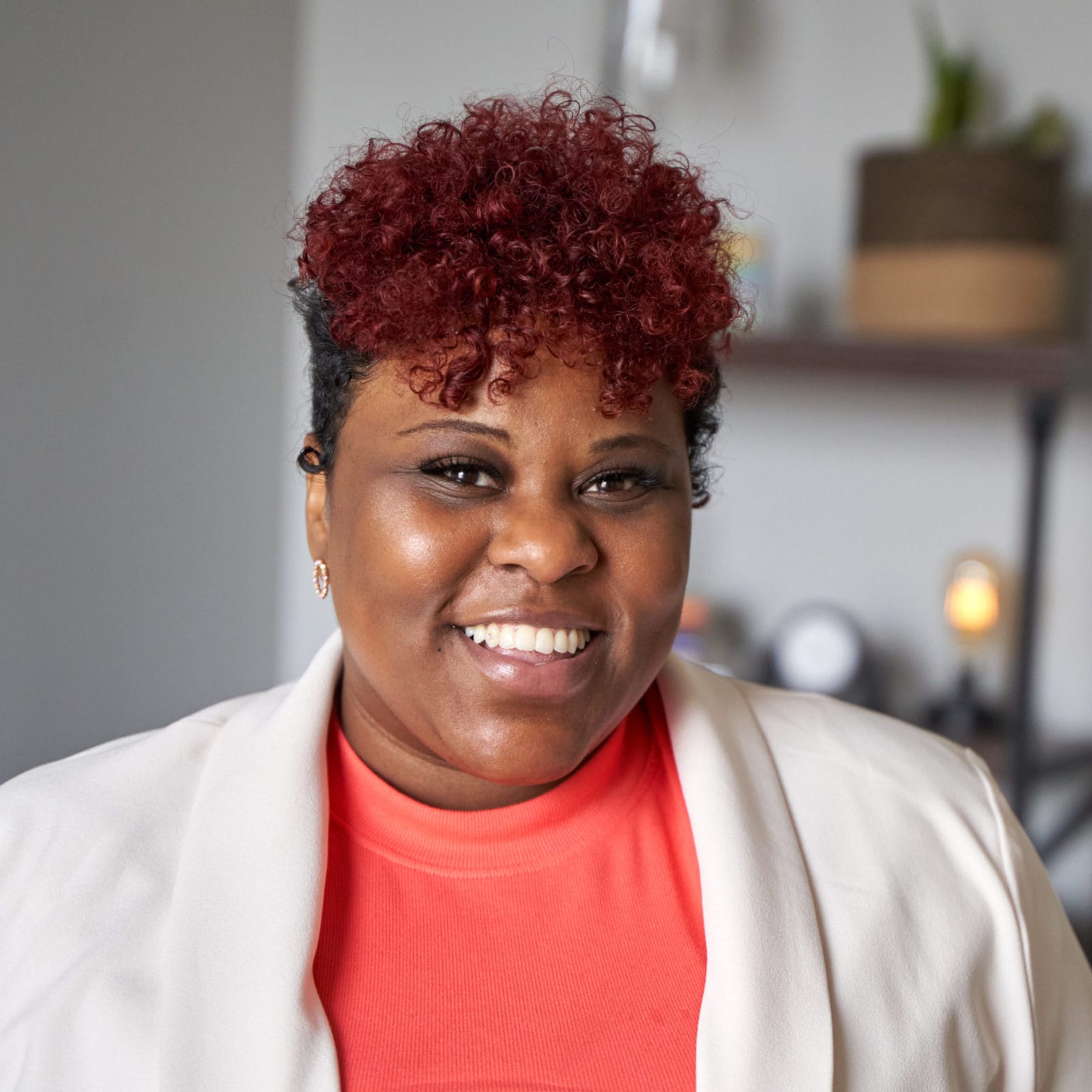
Personal Development Counseling
Personal development counseling is essential in a go, go, go culture in the United States, more locally, Philadelphia. We strive to be the best version of ourselves, but we don’t always know how to get there or struggle to spend the time on ourselves to get to where we want to be. It is hard enough to balance all of life’s challenges and demands. We often forget or do not know how to prioritize ourselves.
Working with our therapists can help you find your purpose, drive, motivation, and direction. They can help you gain insights into the barriers keeping you from reaching your highest potential. Lastly, our therapists will empower you to make the changes you need to make and give you the right tools to do so. When you realize that improving your life is a lifelong process of finding yourself or creating the necessary personal skills, the possibilities are endless. Once you start on the path of introspection or finding resources, you will quickly see the improvement of personal and professional growth!
Our Specialists & Personal Development Therapists in Philadelphia
What is Personal Development?
Personal development is the process of improving or optimizing your situation, be it personal, professional, academic, social, emotional, or mental, by learning skills, digging deep, and finding your true Self.
Our personal development counseling will help you do that with a two-pronged approach: Personal Improvement (progressing forward) and Personal Wellness (mental health/well-being), which may mean exploring your past to learn and grow for what’s ahead of you.
- Personal improvement can look like finding the nerve to ask for a raise/promotion, taking on a new hobby you’ve always wanted, increasing your deadlift weight at the gym, or graduating from an academic program.
- Personal wellness is becoming introspective, really knowing yourself, making sure you are eating right and drinking enough water, being okay with being alone with yourself (with no television, phone, music; just being), accepting who you are, and acknowledging your strengths and areas of improvements. Personal wellness is truly accepting yourself.
Personal Development Goals
Setting goals for yourself is an easy way to measure your improvements. When thinking about personal development, it’s vital to come up with individual development plans. Your personal development goals will be embedded in these plans.



What does a personal development plan look like?
- Find someone who will keep you motivated and accountable.
- Maybe even ask if they’ll embark on this journey with you
- Bounce ideas off of them; ask them if they have any personal development topics that you should be working on but didn’t think of on your own
- Create subgroups to your personal development needs (personal development is the main group)
- Example: self-development, career development, social development, academic development, emotional development, or mental development
- Write out what each of these subgroups means to you
- Example: Self-development is to know me, be okay with me, and accept me
- Example: career development is climbing the corporate ladder but not sacrificing my needs and wants and the joy I get from work
- Example: social development – see if you can create meaning for this on your own
- Identify your long-term goals (your subgroup meanings can often be adapted to goals)
- Example: I will identify behavioral patterns and thought processes that I participate in and learn where they developed and what maintains them
- Example: I will make it to the director position by age 40 and will still go home most days by 5p
- Example: See if you can create a goal from the meaning you gave social development
- Identify short-term goals that can serve as building blocks to your long-term goals
- Example: I will participate in self-help activities like reading self-help books, listening to self-help podcasts, and stick with going to therapy and not quitting after the 3rd appointment
- Example: I will ask for a promotion by the end of this year
- Example: See if you can create a short-term goal for social development
- Create weekly tasks that you can do to help you reach your short-term goals
- Example: I will spend at least 50 minutes a week on self-help activities
- Example: I will speak up in meetings at least once during each meeting
- Track your progress
- Make changes to your goals or tasks when necessary. It’s not uncommon to need more subgroups or more short-term goals before reaching your long-term goal.
- Check-in with your accountability partner. Are they seeing what you’re seeing?
- Are you still feeling motivated, keeping your direction? If not, what do you need, and how do you plan to get it?
- Does this professional development plan require professional services like mental health therapists, physical therapists, accountants, financial advisors, insurance agents, or other professional service agencies?
- You may have to set mini-goals to get these professional services in your life (e.g., call at least four accountants in my area to compare and begin working with)
Ideas for your personal development plan
Your personal development topics are endless. Some people want to set an example for their family or children, and others feel they are not living up to expectations at work. Some may have taken time off from their careers and would like to get back into the workplace.
Some individuals wish to build better relationships with friends while others seek more balance between life and work. Ask yourself what does your best life entail? Then, ask yourself: what has been getting in your way of living your best life? Through these two questions, you will find the start of your human development journey.


Specific areas of personal development
Taking steps toward learning complex skills, self-help, and personal competency allows for personal development to take place. Here are just a few individual development frameworks that you may want to consider regarding your personal development plan and personal development goals:
Worthiness
Knowing your worth can take you far in life. Worth can be tangible, such as the salary/wages you are paid for your work. If you don’t know your worth, you may not ask for as much reimbursement as your co-worker doing the same job. You now make less money and possibly have more hardships because of this. However, worth isn’t always tangible. For instance, finding someone attractive at the bar and feeling worthy of their attention lends itself to you approaching them and saying “hi”. If you did not feel worthy of their attention, you may shy away from speaking to them and pass up a potential mate. Not feeling worthy of something may also end in you sabotaging the very thing you’ve worked for (a good job or healthy relationship). Your worth drives your actions, thoughts, and emotions. A person’s level of feeling worthy often gets in the way of their development. Recognizing that it may be your barrier to living your best life is essential.
Respect Yourself
Too often, the negative messages we received about ourselves ring louder in our heads than the kind words someone may have said. Our brains are hardwired to remember the negative. At one point, it saved us from remembering which berries were poisonous and that saber-toothed tigers were not fluffy cats. However, now as our societies have developed, these negative memories don’t serve us as much. Instead, we self-depreciate, self-loath, lack respect, and speak to ourselves negatively.
Whether you want to get that promotion, think more highly of yourself emotionally, feel better physically, or get that overall better feeling of yourself, The Better You Institute can help you get there with our personal development counseling.
You will begin to think more positively, empower yourself, and motivate yourself to make long-lasting changes in your life. You will feel deserving of what comes to you and embrace it, not turn it away or sabotage it. You will learn to love yourself, be kind, think more positively about yourself, and hold all-around respect for yourself.


Good Communication
Communication is at the core of so many people’s successes and failures. Suppose you can properly communicate your needs and wants. If you can relate to others through your words and listen to others and quickly get on the same page as them, you are setting yourself up for success. However, if you are not precise with your words, lack direction or tend to be passive, or misinterpret someone and never get the clarification, you will lose the message and may lose out on different aspects of the conversation. If you feel like you lack communication skills, personal development counseling can help you by providing the necessary hard skills for communication. Counseling will even teach you how to better communicate with yourself, which sometimes can be the most challenging part of communication and your personal development journey.
Integrity
Integrity is the quality of being honest, fair, and morally sound. More often than not, individuals tend to lose integrity with themselves before they lose it with others. Therapy can help create a safe space for you to dive deep into your own inner psyche to understand where the lies are coming from and why you lean into cheating yourself. You can build your integrity! Personal Development Counseling will work with a client in regaining their integrity by breaking out of harmful habits like lying, cheating, being passive-aggressive, or holding values that don’t align with your ultimate goals.
Interpersonal Effectiveness
Interpersonal effectiveness is the use of understanding oneself and others to achieve forward movement in your interactions. For some, sensing what others need within an interaction comes easy. However, we don’t always capitalize on these guttural reactions to others. We get in our heads, or we dismiss our instincts. Personal development counseling will help you explore your instincts and teach you to maximize your experiences. You can learn how to embrace your intuition and capitalize on crucial connection points within your relationships.
Passivity
You may find yourself taking a more passive role rather than an assertive one. You say “yes” when you want to say “no”. You often find yourself doing things you don’t want to be doing with your time because you wanted to avoid conflict. You feel steamrolled by others and think that you never get your way. While these methods allow you to have relationships with little to no discord, you don’t feel fulfilled. Or worse, you feel taken advantage of and used! This is not an example of interpersonal effectiveness.


Aggression
On the contrary, you may find yourself being aggressive. Although people listen to you, it’s out of fear, not respect. This doesn’t feel like interpersonal effectiveness. Learn to let others influence you. Ask questions and hear the answers. Stop answering questions just to talk over and say what you think with no regard for what the other person is experiencing. Sometimes you will have a better experience when you simply listen and take in information rather than constantly feel like you have to be participating and leading.
Assertiveness
To be the most effective within interpersonal relationships, you must honor your own needs along with the other person’s needs. To do this, you have to be your most authentic, assertive self. Being assertive means acknowledging your own needs using “I” statements while also leaning into the other person’s experience and needs with compassion and empathy. Together, you achieve interpersonal effectiveness as you work toward compromise.
Personal development counseling offers skills training to help you identify your typical way of interacting (passive, aggressive, or assertive). From there, you will get the tools and emotional support you need for personal growth opportunities. Take charge of your interactions by gaining a sense of control and confidence while also staying humble. By identifying your interaction type, you will build better relationships with others (i.e., co-workers) and be accountable for your actions in life.
Adaptability
Adaptability is the capacity to change or adjust readily to different circumstances. Personal development counseling will help you identify barriers to your ability to adapt to change. In times of stress, are you a fight, flight, freeze, or fawn adrenaline activated? How much time do you need to adapt to new sensory information or significant life changes like changing your job or moving in with a partner? Personal development also offers skills training to be more in control of your mind and body when making significant changes in your life. You will be able to more easily adapt to any situation.
Problem Solving
Problem-solving is essential to your livelihood at times or just helpful in your day-to-day grind. Learning to be a critical thinker in challenging situations helps you to see the bigger picture, think objectively, see all sides of an argument, think outside of the box, and be meticulous behind the intention of what you’re doing. All of these lead to better problem-solving skills. In therapy, you will discuss what problems you face and how you have become stuck. You might explore past issues that you overcame or that continue to haunt you today. You will uncover patterns to these and how to break out of these vicious cycles. This is a therapeutic problem solving to life’s problems.


Leadership
Have you ever wanted to influence, inspire, or motivate others towards achieving goals or tasks? Have you ever wanted to teach and mentor, but have been too scared or felt like an imposter? Learn to feel confident when speaking in front of others, feel like you belong in the position you’re in, and know without a doubt that you can lead others! Leadership training can be essential to reaching your goals, such as climbing the corporate ladder.
Personal Vision
Whether you already know exactly what you want but are curious how to get it or if you’re directionless, having a personal vision is essential. Personal Development Counseling can offer various assistance in personal development to identifying goals and aspirations for yourself. You will identify your baseline and build on that.
Empathy
Empathizing is a process where you connect and feel the emotions of another person. In order to do this, it is best to have the ability to set aside your personal feelings and insecurities.
To feel worthy, you must have empathy for yourself and the experiences that you have had. Recognize how they have impacted you and the narrative that you created about yourself.
To have good communication, you must show empathy to others within the conversation. Hold space for them, don’t talk over them, and work toward understanding.
Empathy is a stepping stone to integrity as it keeps us humble. You understand what others are going through while also being in touch with yourself.
Adapting to others’ lived experiences and your own through empathy can help you grasp the depths of yourself within the change process.
A good leader is an empathic leader. Recognizing what others are going through and simultaneously what they need helps you guide in a way that helps the other person.
If you’re feeling stuck in your vision, try empathizing with yourself. What have you experienced that needs compassion? How can you see your emotions from outside of you and within you? From here, you will have a deeper appreciation for yourself and the things you need moving forward.
Personal development therapy will help you in the following areas:
- Self-knowledge and self-awareness improvement
- Improve or learn new skills.
- Build or Renewing Self-Esteem/Identity
- Developing strengths or talents
- Take your career to the next level
- Identifying or Promoting Potential
- Improving your employability
- Increasing your quality of life and improving time management
- Improve your health
- Increase wealth or social status among peers
- Fulfilling aspirations
- Initiating a life enterprise
- Defining, creating, and executing personal development plans
- Improving social relations or emotional intelligence
- Spiritual Discovery



Common questions people ask themselves about their personal development:
- What are personal development and growth skills?
Personal development skills are personal competencies that help you to improve on your life situation. These skills come naturally for some (e.g., taking on a leadership position, holding integrity for themselves, showing empathy). However, for others, these skills do not come as quickly and need attention. Personal development counseling will teach you these skills so that, with time, they become second nature.
Learn to find your motivation, dig deep to see your hangups, and understand what makes you tick. Start to think about the world around you and where you fit into it. Essentially, personal development skills are those that allow you to go as deep as you want yet keep it simple and relatable.
Personal growth is an ongoing process of self-improvement or optimization. Every day we can do something better than the last; this therapy helps you identify those things every week by giving a space for reflection about what went well during the past few days (or weeks) and where you struggled. Are there patterns to these? It also encourages taking steps forward by looking at the following steps or challenges from the past.
You may also learn mindfulness or meditation skills. These have been used since ancient times to promote inner peace, calmness, relaxation, and healing through awareness.
- How can I improve my personal development & growth?
Great question! The underlying message is that you’re motivated for change; what a wonderful place to be. Personal development and growth have many facets. The Better You Institute works with clients on all aspects: physical well-being, emotional wellness, personality improvement, self-esteem enhancement, personal responsibility for actions in life, relationships with others, and setting goals for future growth. The first step to personal growth is identifying where you want to grow. Personal development counseling can help you improve your current situation by working through the various elements as needed or desired.
Some people might start out wanting to work on their finances but find that they need to do some inner reflection before making any changes in their lives. For example, someone who grew up in a low-income family may have a scarcity mentality regarding goods and resources despite making well above upper-middle-class money. To overcome your scarcity mentality, you must first understand where it comes from and heal any wounded parts. This counseling is a great way to explore what’s going on inside yourself while learning new skills simultaneously. These actions are in preparation for when you are ready to make positive change within your life, and you are armed with the skills and tools necessary to make that change.
Personal development counseling will help in this process by teaching you strategies such as how to set goals for your future growth or get back on track after a setback. It will create positive states of being through self-talk or affirmations, building better relationships with others (including co-workers), being accountable for one’s actions and personal development, breaking out of harmful habits like smoking, drinking, overeating, etc., or identifying personality growth opportunities so that you can have a sense of who you want to be.


- Why is personal development important?
Personal development puts you in the driver’s seat of your life. You will know your full potential and learn how to use the skills to reach the goals you set for yourself.
Personal Development Counseling will help you see these growth opportunities, identify what might be holding you back from fully achieving them, and teach you new strategies so that they become second nature or a habit over time.
Personal development counseling helps people build positive outcomes for their life by working through various aspects such as emotional & mental well-being, personality improvement, self-esteem enhancement, and personal responsibility for actions taken in life. Personal development and growth can also help you heal from your past and overcome the barriers that hold you back from becoming the best self you can be.
- How can personal development and growth help in my career?
Personal Development Counseling can help you discern what you want out of a career. Whether it’s to climb the corporate ladder or retire early, you must have the personal insights to get to where you’re going. Holding integrity or being a good leader in a work setting can get you further. Having empathy for those around you will get noticed. Know what direction and what purpose your career holds for you so that you can be in charge.
Start your personal development and growth journey today!
If introspection, growth, and control over your life are what you’re looking for, then Personal Development therapy and counseling and you have come to the right place!
Contact us today at The Better You Institute for more information on starting your development journey.



